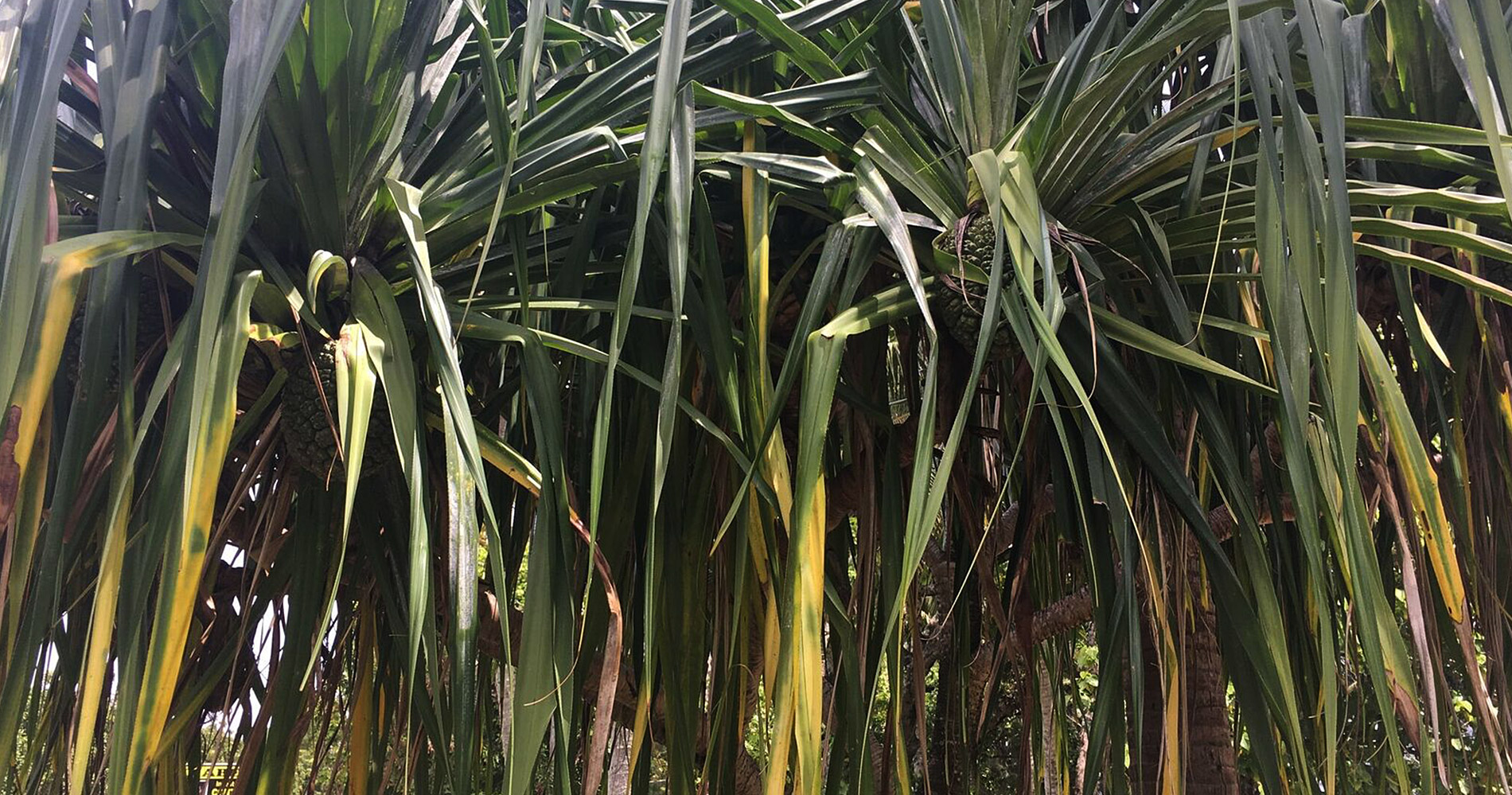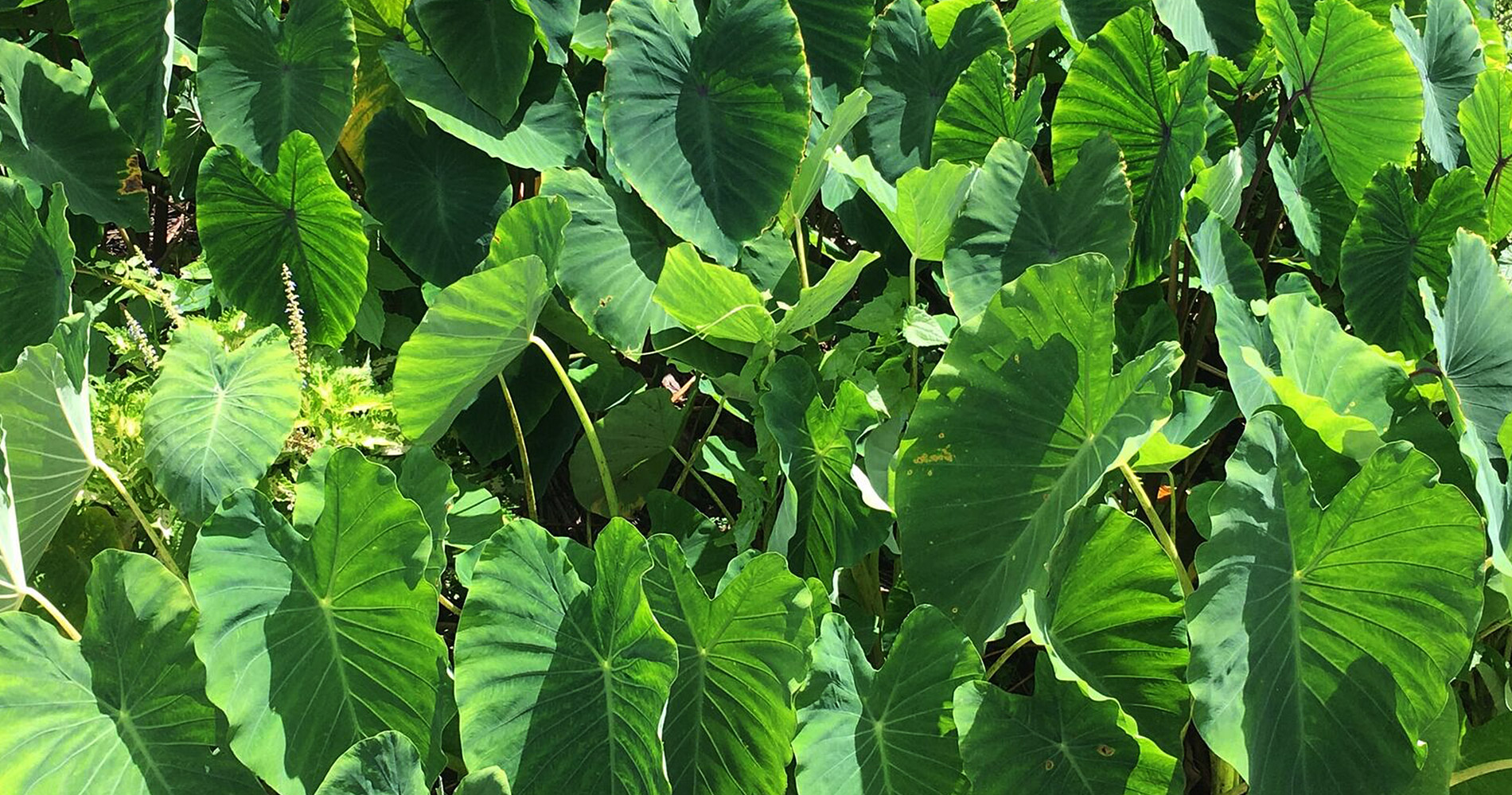Rarotonga(n)
1.
Point (of implement). Kua ‘ati te mata o te matau. The point of the hook has snapped off; Nā'ai i tā'ati i te mata o teia mātipi? Who has broken off the point of this knife? The end of the coconut containing the eyes (same as aro, as opposed to the butt-end (to‘e). E kōputa koe ki te mata o te nū, i nā rā mē kā pao e ‘uri i reira ki te to‘e. You pierce the face-end of the coconut, but if you are going to crack it open then you turn it round to the butt-end.
2.
Head (of boil). Kua ta‘e mai te pīrau nā roto i te mata o te ‘ē‘ē. The pus oozed out through the head of the boil. ‘Ē‘ē mata rau, boil with several heads.
3.
Cutting-edge, blade. Kua tūpaki ‘aia i tēta‘i mata ‘ōu nō te toki. He forged a new blade for the axe; Kua ‘akakoi ‘aia i te mata o te mātipi. She sharpened the blade of the knife; Kua ue ‘aia i te mata o te keke. He reset the teeth of the saw.
4.
Head position, vanguard. Kua māti ‘aia i te mata o tōna nuku. He marched at the head of his troops.
5.
(a) Point (in scoring at card games). E toru o kōtou mata i tēia pere‘anga. You scored three points in this hand; (b) Card used face-up to keep the score (as in euchre). ‘Ōmai i tēnā ngā kapi pere ‘ei mata nō mātou. Pass me those two cards for us to score with.
6.
Mata reka, (with) pleasant, attractive or cheerful countenance, see matareka.
7.
Face, side (e.g. Building.) E ‘aere koe nā tērā mata o te ‘are, ‘ākara mai ei mē tē tika ra te ‘are. Go round to that side of the building and look to see if it is squared off properly.
8.
(a) Source (of river), placed where water is channelled off. Te mata o te kauvai, the source of the river; E kō koe i te matā vai kia ātea, kia ta‘e meitaki mai te vai ki roto i te repo. Dig the head of the channel out wide so that water will flow freely into the taro swamp.
9.
Eye (of person or creature). Kua pura tōku mata. I’ve got something in my eye; ‘E tū kinokino rāi tōna mata. He had a pretty nasty look in his eye; i te kino‘anga tōna mata, as his eyes got worse. Kite mata, to see with one’s own eyes, see for oneself. Matā kai, eyes always looking for food, greedy. E puakaoa matā kai tā'au. Your dog is always begging for food. Mata kakā, sharp eyes. Mata kakā, sharp eyes. E mata kakā to'ou. You have got sharp eyes. Mata kana, (have) a blemish in the eye. Mata mārama, clear sight. Mata pakari, (a) strong eyes, able to stay awake. ‘E tamaiti mata pakari ‘a To‘i, kāre e varea e te moe. To‘i has strong eyes, he won’t drop off to sleep. (b) serious eyes or countenance. ‘E ‘ākara‘anga mata pakari, a solemn appearance. Mata riki, (with) small eyes, narrowly, searchingly. Mata ‘ua, (a) (with) bare eyes, without artificial aids or protection. E ruku mata ‘ua koe i tēnā pārau, kāre i te ‘ō‘onu roa. You can dive for those pearl shells without goggles, it isn’t very deep. (b) ‘Ākara mata ‘ua, to just look on (and not do anything). ‘Eia‘a koe e ‘ākara mata ‘ua mai i tēia ‘anga‘anga. Don’t just stand looking on at the work here. Roi mata, tears.
10.
Mata tio, (with) sharp eyes. ‘Uā mata, eyeball. ‘Uru‘uru mata, eyelash, eyebrow. ‘Uru‘uru tuke mata, eyebrow.
11.
Eye (of needle). E tāuru koe i te taura nā roto i te mata o te nira. Thread the cotton through the eye of the needle.
12.
Spy. E aronga tiratiratu matou, kare toou au tavini nei i te mata. We are true men, your servants are no spies. (Gen. 42.11) .
13.
Mesh (of net). Tēia te kupenga mata riki ‘ei ma‘ani nāriki. This is fine-meshed netting for making a nāriki net.
14.
Eyepiece (of spectacles etc.). Kua nga‘ā te i‘o i tēta‘i mata i tōna tīti‘a. One of the lenses in his spectacles is cracked.
15.
Face (of human or creature). E e orei i toou mata, And wash your face (Matt. 6.17); Kare e ngā'i i 'aere kē i tō'ou mata e te mata o tō'ou māmā. Your face is the dead spit of your mother's; E 'aere mai koe ki mua i tōku mata tuatuāi i tā'au tuatua. Come here and sya what you have to say to my face.
16.
Leader, front man, representative, spokesman. Matā‘ura, the leader of a drum-dance party; Kua ‘iki‘ia ‘aia ‘ei mata nō te ‘ōire ki te ‘uipā‘anga nō te ‘anga‘anga tanu. He was chosen by the village as their representative at the agricultural meeting. (See ‘aka-/tā-mata, kōmata, (‘aka-/tā-)mataara, matakata, (‘aka-)matakite, matamarū, (tā-)mataora, matapaki-pakia, (‘aka-)matapō, matapuku, matariki, matareka, matatāpoki, tīmata-(mata), tūmatatini.) [Pn. *mata1.].
17.
Unripe, green (of fruit), not seasoned (of timber). Kāre e kā tēnā rākau nō te mata. That wood won’t burn, it is green; Kāre e meitaki te kīkau mata. Green coconut fronds are no good; ‘Auraka e kai mata i te vī. Don’t eat mangoes when they are not ripe; ‘E nū mata tā‘au e tari mai, ‘akarukena atu te kōua ē te kōmoto. Bring the green coconuts (suitable for drinking), leave the kōua (in which the liquid has not yet developed its full flavour) and the kōmoto (which have matured beyond the best stage for drinking).
18.
Raw, un-cooked, insufficiently cooked. Kua ‘oko mai au ‘ē rua paunu puakatoro mata. I’ve bought two pounds of (fresh) meat; Kua mata tā mātou kai i te ‘uaki‘anga te umu. The food still wasn’t cooked when we opened the oven; Kā kai koe i te ika mata? would you like some raw fish?; Varāoa mata, flour. (See (‘aka)matamata2.) [Pn. *mata2.].

